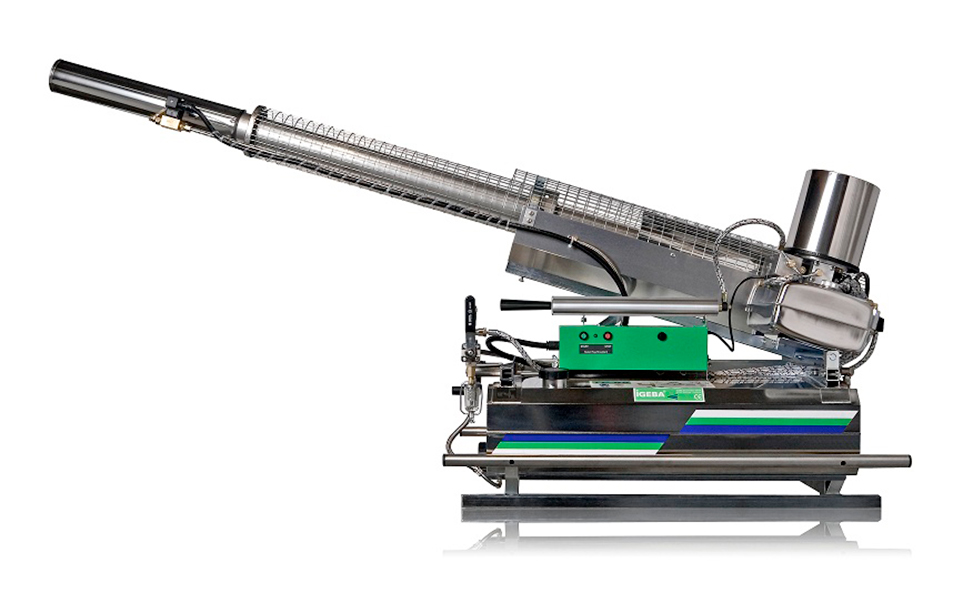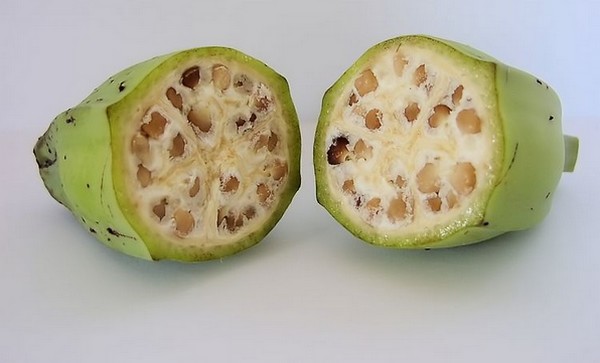As climate change intensifies, the agricultural sector faces a series of growing challenges, with water scarcity at the forefront. By 2050, food production must double to meet the demands of a rapidly growing global population, while climate change reduces arable land and makes water increasingly scarce. To address this urgent need, Rutgers University has embarked on an ambitious project, funded by a $607,000 grant from the U.S. Department of Agriculture (USDA), to develop an innovative farming method called “electroponics.”
Electroponics is a next-generation, soil-free farming technique that uses electrospray technology to deliver water and agrichemicals with precision. Unlike hydroponics, which relies on a continuous flow of nutrient-rich water, electroponics employs electrically charged micron-sized particles to irrigate plants in extremely low-water conditions. This method is particularly suited for environments where water is limited or entirely unavailable, such as urban areas facing water shortages or even space stations where zero-gravity conditions make traditional agriculture impossible.
The Science Behind Electroponics
The electroponics project at Rutgers leverages cutting-edge research from the Nanoscience and Advanced Materials Center, led by Dr. Philip Demokritou, and Jonathan Singer’s Hybrid Micro/Nanomanufacturing Lab. The team’s goal is to create a scalable, efficient farming system capable of growing edible crops like lettuce while using minimal water. By incorporating biopolymer-based nanofibers derived from food waste as seed coatings, the system enhances germination rates and improves plant health.
This innovative approach directly targets the inefficiencies in current agrichemical and irrigation practices. According to the United Nations, agriculture accounts for 70% of global freshwater withdrawals, but inefficiencies lead to significant waste. By delivering micronutrients and water in precisely measured quantities, electroponics can significantly reduce water consumption while minimizing the environmental impact of agrichemicals, which can often leach into nearby ecosystems and cause pollution.
Applications for Urban and Space Farming
Electroponics is not only intended to address terrestrial agricultural challenges but could also play a crucial role in space exploration. As space agencies like NASA and private companies plan for long-term missions to the Moon and Mars, there is a pressing need to develop systems capable of producing food in zero-gravity environments where water and soil are unavailable. The Rutgers team plans to simulate both urban and space conditions to demonstrate the versatility of electroponics.
Dr. Demokritou emphasizes the broader implications of this research, noting, “There is an urgent necessity to develop effective irrigation strategies that utilize minimal water usage while optimizing the delivery of agrichemicals for crop growth. This technology will not only address pressing environmental issues but also provide sustainable food production options for space exploration.”
The project will run for three years, during which the research team will scale up the technology and demonstrate its potential in a series of field studies. The ultimate goal is to showcase the electroponics system’s ability to enhance plant growth and yield, while drastically reducing water and chemical inputs.
Tackling Agriculture’s Greatest Challenges
Water scarcity and the inefficient delivery of agrichemicals have long plagued traditional farming systems. Climate change is expected to exacerbate these issues, particularly in regions that are already water-stressed. Electroponics offers a forward-looking solution that addresses both challenges simultaneously. By using biopolymer-based seed coatings and precision irrigation, the system can achieve higher yields with fewer resources, paving the way for more sustainable food production in the future.
Rutgers’ electroponics project represents a significant leap forward in agricultural technology. By combining innovations in nanotechnology, sustainable materials, and precision irrigation, this approach promises to be a game-changer for farming in water-scarce regions and space environments alike. As the world faces increasing pressure to feed a growing population, solutions like electroponics will be vital for securing a sustainable food future.
The development of electroponics by Rutgers University signifies an important milestone in addressing the critical issues of water scarcity and sustainable agriculture. By utilizing innovative technologies like electrospray and biopolymer seed coatings, this approach provides a highly efficient, environmentally friendly alternative to traditional farming methods. With potential applications in both urban and extraterrestrial environments, electroponics represents the future of precision agriculture, ensuring food security for generations to come.












